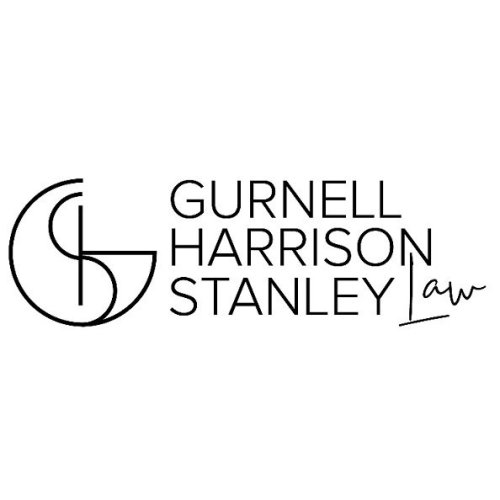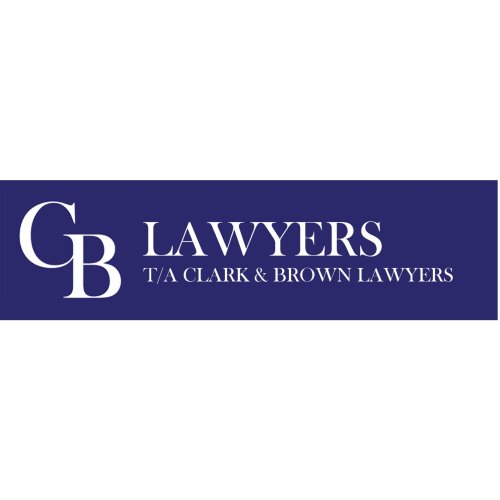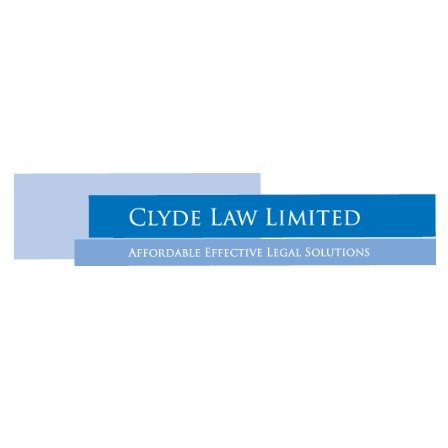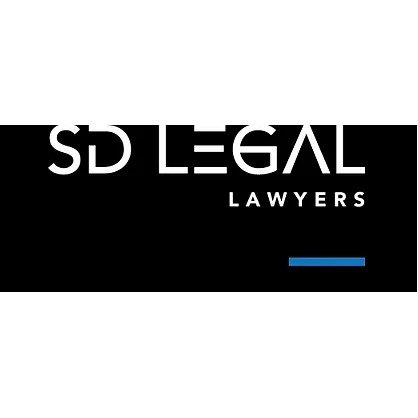Best Landlord & Tenant Lawyers in Hamilton
Share your needs with us, get contacted by law firms.
Free. Takes 2 min.
Free Guide to Hiring a Real Estate Lawyer
List of the best lawyers in Hamilton, New Zealand
About Landlord & Tenant Law in Hamilton, New Zealand
Landlord and Tenant Law in Hamilton, New Zealand, is governed by the Residential Tenancies Act 1986 and several other legislations. These laws balance the rights and responsibilities of both landlords and tenants, including the maintenance and repair of premises, termination of leases, and rent regulations. Both parties are obligated to behave in good faith, with tenants having the right to peaceful enjoyment of the premises and landlords having the right to regular rent payments.
Why You May Need a Lawyer
You might need a lawyer in situations such as disagreements over rent payments, lease terminations and renewals, property damages, or injury claims. Legal assistance can also be helpful when dealing with complex issues like discrimination claims in housing or rent control regulations. A lawyer can also help with drafting rental agreements to ensure your rights are adequately protected. Additionally, if you are unsure about your rights or responsibilities, seeking legal advice can help clarify and navigate these concerns.
Local Laws Overview
The Residential Tenancies Act 1986 is the primary legislation governing Landlord and Tenant Law in Hamilton. It stipulates various landlord and tenant rights, including the conditions for entering into and terminating a tenancy, rent increase, and repairs. The Act also outlines the procedures for resolving disputes. Additionally, the Healthy Homes Standards introduced in 2019 put forward specific requirements for rental properties, like heating, insulation, and ventilation standards, to ensure the quality of rented premises.
Frequently Asked Questions
What are the grounds for eviction?
Grounds for eviction include unpaid rent, damage to property, or any other significant breach of the tenancy agreement.
What are my rights as a tenant?
As a tenant, you have the right to peaceful enjoyment of the premises, to have the property maintained in a reasonable condition and to have your deposit returned when you move out, provided you leave the property in a satisfactory condition.
How often can my rent be increased?
Under the Residential Tenancies Act, rent can only be increased once every twelve months, and your landlord must provide you with 60 days' written notice.
Can my landlord enter the property without my permission?
Landlords must provide at least 24 hours’ notice and visit between 8am and 7pm. All visits must be reasonable.
What can I do in case of a dispute?
Disputes between landlords and tenants can be resolved through the Tenancy Tribunal, through mediation or a hearing.
Additional Resources
The Ministry of Business, Innovation and Employment provides an array of resources on Landlord and Tenant Law and maintains the Tenancy Services website, which offers comprehensive information and resources. Another useful resource is the Community Law Centre, offering free legal advice and services.
Next Steps
If you need legal assistance with a Landlord and Tenant issue, consider reaching out to a solicitor specializing in this field. They come with comprehensive knowledge of housing laws in Hamilton and can provide advice tailored to your situation. It may also be beneficial to contact the local Tenant's Union or Citizen's Advice Bureau as they offer free advice and services pertaining to housing issues.
Lawzana helps you find the best lawyers and law firms in Hamilton through a curated and pre-screened list of qualified legal professionals. Our platform offers rankings and detailed profiles of attorneys and law firms, allowing you to compare based on practice areas, including Landlord & Tenant, experience, and client feedback.
Each profile includes a description of the firm's areas of practice, client reviews, team members and partners, year of establishment, spoken languages, office locations, contact information, social media presence, and any published articles or resources. Most firms on our platform speak English and are experienced in both local and international legal matters.
Get a quote from top-rated law firms in Hamilton, New Zealand — quickly, securely, and without unnecessary hassle.
Disclaimer:
The information provided on this page is for general informational purposes only and does not constitute legal advice. While we strive to ensure the accuracy and relevance of the content, legal information may change over time, and interpretations of the law can vary. You should always consult with a qualified legal professional for advice specific to your situation.
We disclaim all liability for actions taken or not taken based on the content of this page. If you believe any information is incorrect or outdated, please contact us, and we will review and update it where appropriate.

















